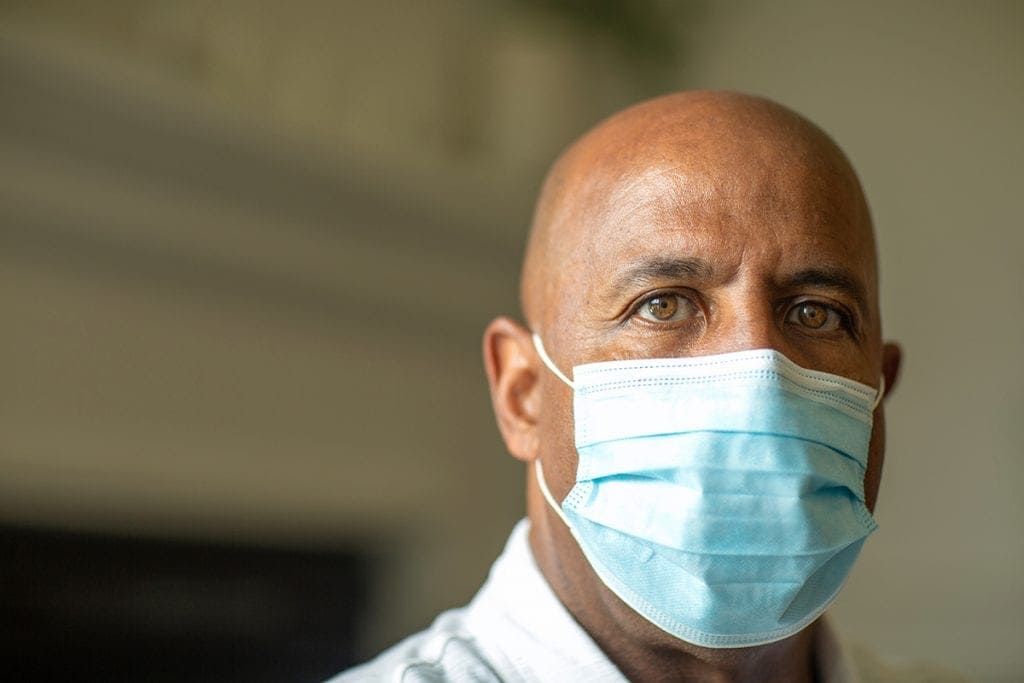It’s real and it’s painful.
This pandemic touched our lives in ways we hadn’t expected, exemplifying painful feelings of grief and loss. Perhaps you’ve experienced an easily identifiable loss such as the loss of a loved one, loss of your health due to the virus, or loss of resources such as employment.
But perhaps the loss is less obvious. Grief can also be triggered by an extreme change in lifestyle, like we’ve experienced because of COVID-19. When we lose the stability of a routine we have known for years, we suffer a type of loss. This pandemic has brought strong feelings of isolation and loneliness. Some people can adjust to these changes more easily than others. There’s no right or wrong way to feel grief and loss. However, if it’s become problematic or overwhelming, please get help.
A Widespread Concern
Counselors across the Valley are seeing a significant increase in demand for grief counseling services. Many experts agree that it’s related to COVID-19 in some way. Whether it’s given us more time to reflect on things more deeply because we have less distractions than we used to. Or we aren’t able to conduct funerals, celebrations of life, or gatherings with friends after the loss of a loved one at this time. This makes it more difficult to heal. We need a way to move forward, and counseling may be the answer.
Trigger Signals to Watch For
How do you know if you need counseling? Here are some signs that it may be time to seek help:
- Sadness, anger and blame
- Guilt and self-reproach
- Anxiety, loneliness, fatigue or helplessness
- Shock, yearning and numbness
- Distracted or absent mindedness
- Sleeping or eating disturbances
- Social withdrawal
- Crying
8-Week Grief Program Helps Patients Heal
To respond to the increased need for grief counseling, Core Recovery is offering an 8-week Grief and Loss Program to provide support and insight into how a collective trauma such as the COVID pandemic contributes to grief and loss.
Our experienced therapist understands how many levels of functioning are impacted when a person must live in uncertainty and doesn’t know how they will recover. Our clinically sound and compassionate interventions offer the support needed to feel better.
What Loss Means to You
The pandemic has forced many of us to confront a series of losses: the loss of a sense of safety, of social connections and personal freedoms, of jobs and financial security. We can experience grief over anything that feels like a loss of identity. For instance, losing a job can trigger a period of prolonged grief.
So, even if you haven’t lost a loved one during this pandemic, you may still be feeling a sense of prolonged grief that is causing pain, anxiety, and even depression. Help is available. Seek it out and start your road to healing today.







 In CA By O360®
In CA By O360®